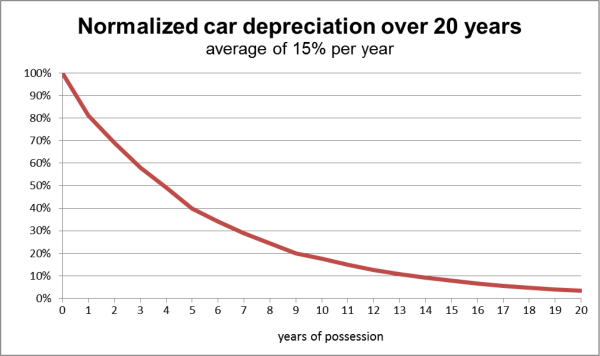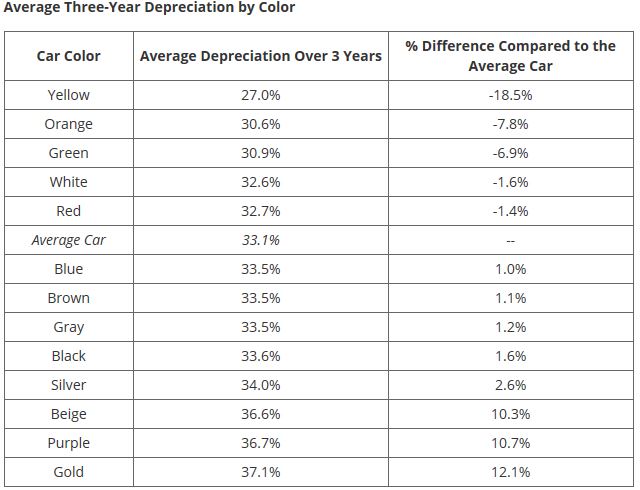Why Do Cars Depreciate? 5 Must-Know Factors About Value
Why Do Cars Depreciate? 5 Must-Know Factors About Value
Posted on September 1, 2023
"Why do cars depreciate?" is a common question for new car hunters. If you’re planning to buy a new car, before you apply for an auto loan, you need to know how much your car is worth. Alternatively, if you buy a new car using an auto loan, you need to know how long you’ll be upside down.
Both of which are influenced by car value depreciation. That’s the subject of today’s post.
Car Values & Depreciation
Depreciation is the financial term for an item that loses value over time. Cars are depreciating assets, meaning they lose their value steadily. The rate at which a car depreciates is influenced by a number of things and that’s what we’re discussing today.
If you’re planning to trade in a car for a car loan or want to know how much a potential new car will depreciate, this blog is for you! To learn more about what depreciation is and how it works, click here.
Why Would a Car Lose Value?
There is no set rate of depreciation. Typically, a new car will depreciate by 20-30% in the first year. That rate then slows until at year 5, the car is worth around 40% of its original value.

That rate and amount differ depending on:
The Make and Model
The manufacturer and vehicle model make a big difference in the rate of depreciation. Sports cars, some trucks and SUVs depreciate slower than other cars.
Some makes like Jeep and Ram depreciate slowly while other manufacturers such as BMW will depreciate faster.
According to a 2020 study, the Jeep Wrangler Unlimited, Jeep Wrangler and Dodge Challenger were among the top ten slow-depreciating cars. The BMW 7 and 5 series and the Nissan LEAF depreciated the fastest.

Condition
The vehicle's condition plays a big part in its depreciation. Keep the car in good condition and it will be worth more as a trade-in or private sale. If you don’t look after the car, it could be worth significantly less over time than if you kept it in as-new condition.
The same goes for repairs, scratches, dings and even tires. The better the condition of the car, the more it’s worth.
When trading in a car, the less work the dealer has to do to prepare the car for resale, the more they will pay for it.
Mileage
Vehicle mileage is also an influence over its value. The lower the mileage, the lower the depreciation. The higher the mileage, the higher the depreciation.
This comes down to wear and tear. Cars are not built to last indefinitely and a higher mileage car is closer to that end than a low mileage car. It is also more likely to require servicing and repair than a lower mileage car, which also influences its value.
Colour
Believe it or not, the car’s colour can also influence its depreciation. Not as much as condition or mileage but it still makes an impact. Sensible colours like white, black, silver and blue will depreciate slower than yellow, green, gold and other more outlandish colours.
This comes down to saleability. Sensible colours appeal to a wider audience so will sell faster. Less common colours have a more niche audience, so will sell slower. That will impact the value placed on the car.

If you're ready for a car loan, we'd love to help with that! simply fill in the form below to get started.
Car Loan Pre-Approval
